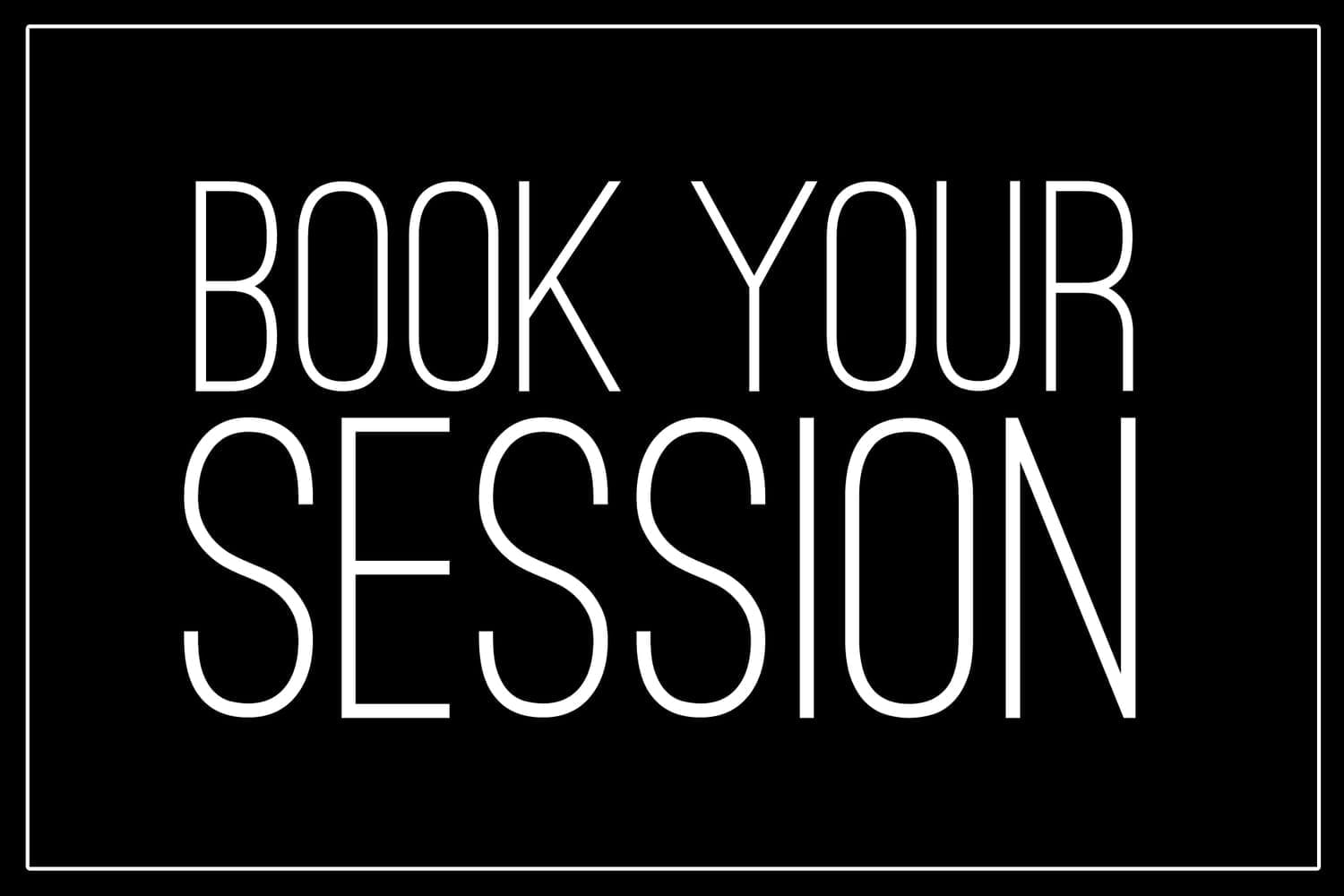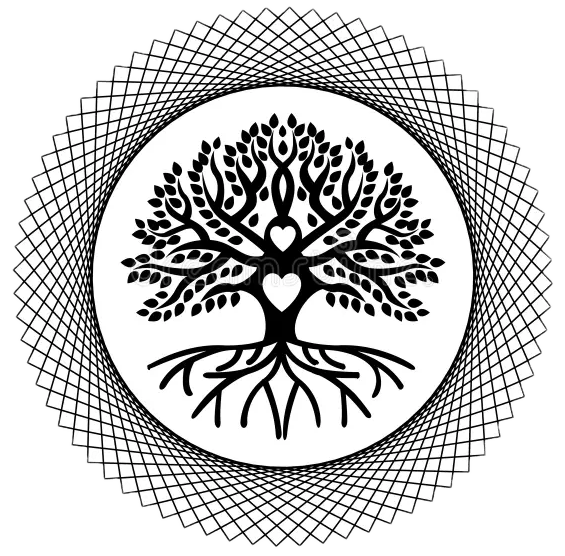Skepticism Toward Influencer Culture
Skepticism Toward Influencer Culture: The Quiet Revolt Against Packaged Enlightenment
In the soft-glow world of ring lights, curated feeds, and spiritual-sounding affirmations wrapped in pastel-colored carousels, something unexpected is happening—a quiet rebellion. The world of influencers, once the torchbearers of modern inspiration, is being met with increasing skepticism. And nowhere is this more pronounced than in the realm of spirituality and self-help, where the hunger for truth now eclipses the glimmer of branding.
Across online communities like Reddit, and in hushed conversations among thoughtful seekers, the veil is lifting. The backlash is not against growth or healing—it’s against the packaging of it. Against the polished personas who sell salvation in three easy steps for $299. Against the aesthetic of depth without the labor of it. And most of all, against spiritual bypassing—the seductive but shallow detour that tells people to “just raise your vibration” while ignoring their very real pain.
The Mirage of Manifestation Gurus:
In recent years, the rise of “manifestation influencers” has soared—young, attractive voices promising abundance, soulmate love, and inner peace, often with the swipe-up of a finger. They speak in rhythms that sound spiritual but feel strangely empty. Phrases like “align to your higher self” or “money is just energy” float on waves of ambient music and flawless skin. The problem isn’t their beauty or optimism. It’s that so much of it feels unearned.
These influencers rarely speak of grief. Of sitting with shame. Of failure, confusion, or spiritual dryness. They often skip the very steps that make transformation real—struggle, surrender, service, and the long, slow walk of self-awareness. For many viewers, especially those navigating complex life experiences, the gap between what’s sold and what’s lived becomes painfully obvious.
And so, disillusionment sets in.
The Rise of the Authentic Seeker:
You see this shift clearly in the undercurrents of Reddit threads like r/spirituality, r/antiMLM, and even broader forums for mental health. Users call out the commodification of sacred traditions. They question self-appointed shamans offering $1,000 “healing portals.” They ask, often vulnerably: Is there anyone out there who’s actually done the work?
This isn’t cynicism for cynicism’s sake. It’s discernment.
Today’s seekers are less interested in being sold enlightenment and more interested in earning it. They want teachers who have walked the long road of integration, who know the mess of being human, and who dare to speak not just from a podium, but from the muddy ground of shared experience.
Authenticity, more than ever, is the new currency.
Spiritual Bypassing: The Wound That Sparked the Revolt:
At the heart of this skepticism is the problem of spiritual bypassing—a term coined by psychologist John Welwood to describe the tendency to use spiritual ideas to avoid facing unresolved emotional issues or psychological wounds. It’s a subtle trap that says, “If I think positively enough, my trauma will vanish,” or “If I forgive instantly, I’ve healed.”
This isn’t healing. It’s avoidance.
And the influencer culture, built on rapid gratification and visual perfection, unintentionally feeds this bypassing. Real growth doesn’t fit neatly into a 30-second Reel. It’s nonlinear, contradictory, and often deeply humbling. But when spirituality is commercialized, the mess gets cut out. The work gets repackaged as magic. And that, as many are discovering, leads not to liberation—but to deeper disillusionment.
What Are People Really Looking For?
In this era of awakening skepticism, something profound is being asked:
- Where is the teacher who admits they’re still learning?
- Where is the sacred space that doesn’t require a subscription?
- Where is the community that honors silence as much as slogans?
The answer may lie not in rejecting all influencers, but in reimagining influence itself. Those who are now gaining trust are not the loudest but the most grounded. They are storytellers, therapists, monks, elders, and ordinary souls who share from the heart, not a content calendar. They offer presence, not prescriptions.
They speak of paradox, not perfection.
They don’t rush your healing or sell you your worth.
And their offerings, when they do exist, come with transparency, fairness, and a genuine desire to serve—not just scale.
A Call Back to Inner Authority:
Ultimately, the skepticism toward influencer culture is not just about calling out the inauthentic—it’s about calling in a deeper relationship with our own inner authority.
The invitation is clear: turn off the noise. Come back to your own center. Trust your direct experience. If a teaching uplifts you but also invites you into your shadow, into your responsibility, into deeper compassion—it’s probably worth exploring. If it simply makes you feel inadequate without offering any grounded path forward, it may be time to walk away.
As Thomas Merton once wrote, “The biggest human temptation is to settle for too little.” Perhaps this moment of disillusionment is not a crisis, but a sacred turning—away from the too-little of performance, and toward the abundance of what is real.
Because true spirituality, in the end, cannot be sold. It must be lived. And that, beloved reader, is a revolution worth joining.

